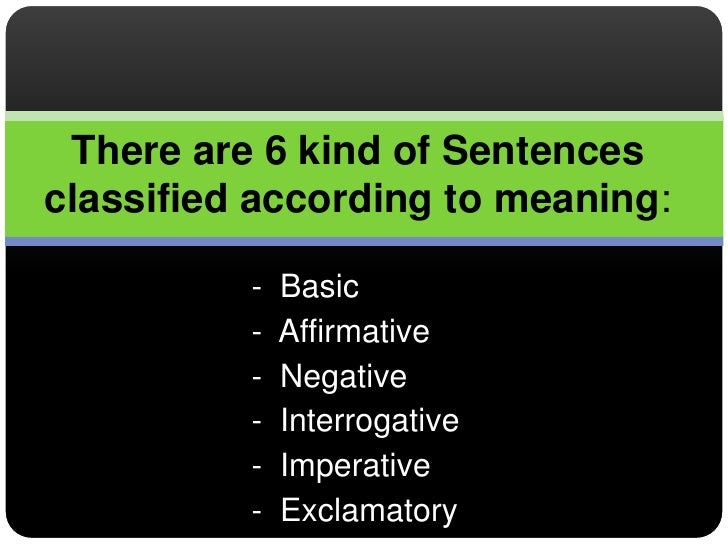
Indeed he says that inclination can aid the good will. His message is that action has moral worth when motivated by duty, not by inclination. And thus to do with repugnance what duty commands.’ ‘The only advice for you is to try to despise them. Thus I am often troubled by the fact that I am not virtuous,’ ‘Gladly I serve my friends, but regrettably I do it with pleasure. This view is captured in the words of Kant’s contemporary, Schiller: That we act morally only if our inclinations are opposed to the action ie only if we do it with a long face rather than with pleasure. In disconnecting morality from desire, Kant is opposing Hume’s passion-based (rather than reason-based) account of moral motivation. Furthermore a desire can conflict with duty eg a desire to help a man at dead of night struggling to lift a statue into his car boot outside the back door of the museum. No desire or inclination can underpin morality because not all rational beings will, necessarily and universally, have these desires (the unhappy philanthropist, for example, has no desire to help the needy). Recall that for Kant, morality is something that all rational beings can self-prescribe simply because they are rational. Only acting from duty has genuine moral worth. Nevertheless he does it because it is the right thing to do. He no longer has any inclination to help the needy, and it gives him no pleasure. (3) The philanthropist is going through a really bad time in his life. Again, he acts in accordance with, not from, duty.

(2) A philanthropist helps the needy, not because this is his duty, but because it pleases him – he finds ‘inner satisfaction in spreading joy’. He acts in accordance with duty (he is honest) but not from duty (ie not because honesty is right whether or not it helps his reputation and business). (1) A shopkeeper is honest with a naive, easily duped customer, not because it is his duty to be honest, but because it will help build his good reputation, and his business. Rather I do it because I am inclined to – it pleases me or is in my interests. Thus, in acting from duty, I perform the action because it is my duty, irrespective of whether or not I am inclined to do it, or of whether or not it is in my interests.Ĭontrariwise, in acting in accordance with duty, whilst I do perform the action that duty commands, I don’t do it for that reason. The difference relates to the motivation of the act (my will). In acting from duty, and in acting in accordance with duty, the action is the same. I’ll deal with the difference, its relevance, and a common misunderstanding. There are several dictionaries available on the market.What is the difference between acting in accordance with duty, and acting from duty, and what is the relevance of the distinction for Immanuel Kant’s argument in book 1 of the Groundwork? In addition to in accordance with, many words from the subject dictionary can be found here. For example - Dictionary of History, Dictionary of Botany, Dictionary of Economics. Subject Dictionary: In this dictionary, everything related to any subject is arranged and explained according to the dictionary.

But The Shorter Oxford English Dictionary is the best.

The dictionary from which the word in accordance with is derived has many meanings in the historical dictionary. E.g., The Shorter Oxford English Dictionary. Historical Dictionary: When a word was first coined, what was its spelling and meaning during the first coinage, when did its spelling, pronunciation and meaning change, and what is the current form and meaning of the word as described in the dictionary, so E. If you are looking for the meaning of the word in accordance with now, you will find the meaning of a few thousand words here in addition to the meaning of the word in accordance with. Bilingual Dictionary: Here words from one language are interpreted in another language. The word in accordance with is taken from English to Tamil dictionary.

Such as Tamil to Tamil, English to English. Monolingual Dictionary: Here a word in a language is interpreted in that language.


 0 kommentar(er)
0 kommentar(er)
